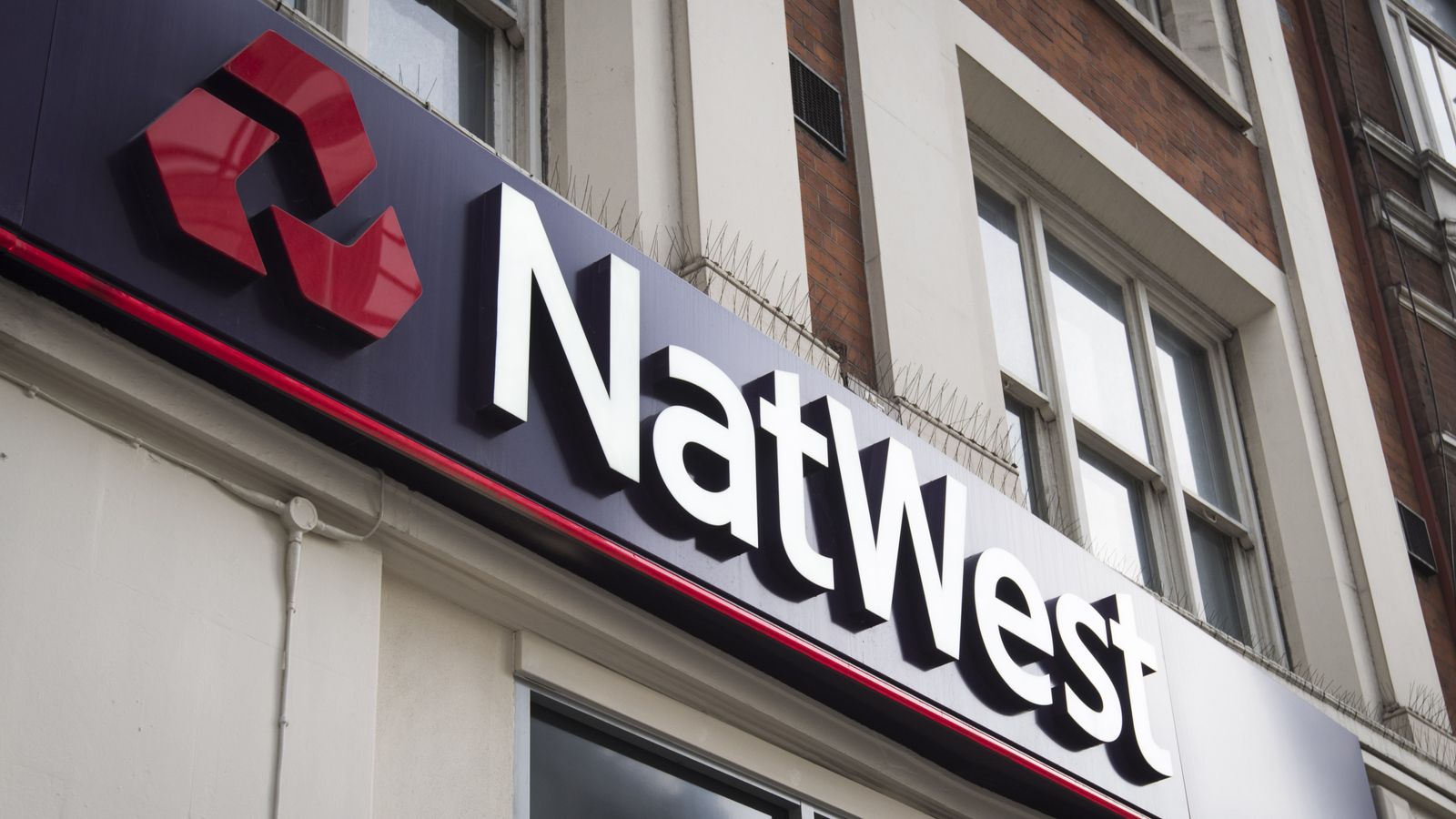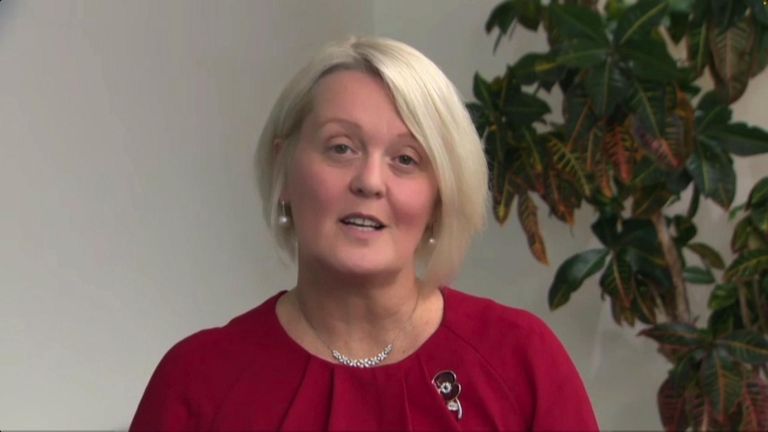Taxpayer-backed NatWest to hike bonus pot for second consecutive year
NatWest Group, the taxpayer-backed bank, is to increase its annual bonus pool for the second consecutive year as rising interest rates bolster the industry’s profitability.
Sky News has learnt that the lender, which will report its results for 2022 next week, has signed off plans to pay out more than £350m in bonuses to staff.
The awards, which will be disclosed next Friday, may attract controversy because of the government’s 45% stake in NatWest and continuing inflationary pressures which are having a big impact on Britons’ living costs.
The Treasury and UK Government Investments, which manages the public stake in NatWest, do not have a formal veto over the bonus proposals but are thought to have been informed about them.
One source said the bonus pool would be substantially higher than last year’s figure of £298m, but would come in below £400m.
Next week’s figure is expected to be the biggest sum paid out by NatWest in about five years, they said, with a £2,000 cap on cash bonuses which has been in place since 2008 remaining.
Last year’s payouts were materially reduced because of a major anti-money laundering fine imposed on NatWest during the course of 2021, meaning this year’s increase will not represent a meaningful comparison.
UK taxpayers pumped £45.5bn into what was then Royal Bank of Scotland Group to keep it afloat in 2008 and 2009 as the global banking industry teetered on the brink of collapse.
During that period it reported one of the biggest losses in British corporate history.
The bank’s bonus awards have steadily fallen since then as RBS scaled back its presence in high-paying investment banking markets and amid political pressure to curb staff payouts.
NatWest is typically a ‘back marker’ when it comes to banking sector pay, meaning its bonus pool will again be materially less than that of British-based peers such as Barclays and HSBC.
It gave junior employees a £1,000 one-off payment last year, while the majority of its staff at the two lowest grades in the company will get pay rises of at least 7% in April, according to previously announced plans.
Rising interest rates have aided the company’s earning power over the last 12 months, with analysts forecasting that it made £5.1bn in operating profit in 022, against £3.8bn the year before.
The bank, run by Dame Alison Rose, has also seen its share price continue to recover, and now has a market capitalisation of close to £30bn.
While taxpayers continue to face steep losses on the original cost of rescuing NatWest, the state has benefited from increased capital returns.
Figures published at the time of NatWest’s third-quarter results showed it had handed £3.3bn to shareholders this year in the form of a £400m interim dividend, a £1.75bn special dividend and a £1.2bn directed buyback of shares.
Since the beginning of 2022, the government’s stake has passed the milestone of falling below 50% for the first time since 2008.
NatWest has repeatedly said that it is well-positioned to continue supporting customers through the cost-of-living crisis and any UK recession which occurs.
The bank’s balance sheet has been significantly strengthened by its improved profitability, with its core equity tier one ratio – a measure of its strength – now among the healthiest of the UK lenders.
The Treasury has outlined plans to sell the rest of the taxpayer’s stake in NatWest by about 2025.
NatWest declined to comment on Friday.
For all the latest business News Click Here


